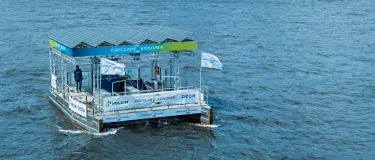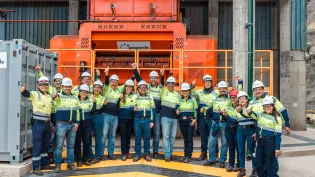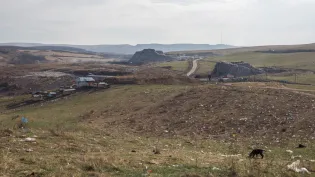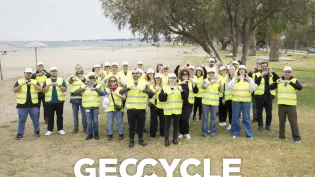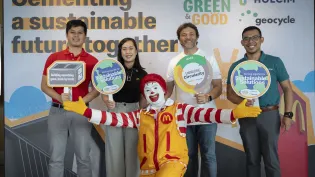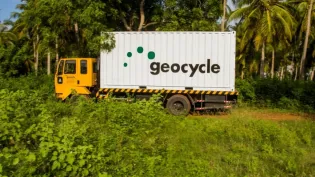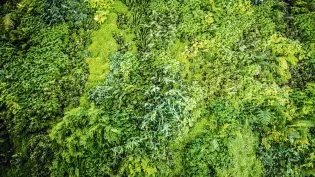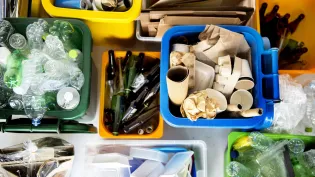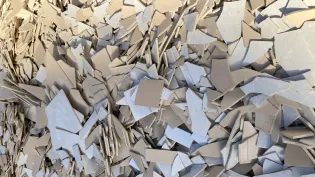Tackling plastic pollution with the Circular Explorer
Plastic pollution, and the resulting microplastics, is one of the most pressing environmental concerns. It is estimated that by 2050 we will have accumulated 12 billion tons of plastic refuse.1
Geocycle is working with the Circular Explorer to sort, recycle and recover plastic waste removed from the ocean.
1 SINTEF
Preventing microplastics at the source
Since the 1950s, an estimated 79 million tons of plastic waste have been generated globally every year, and around 79% of this waste has been dumped. Over time, this dumped plastic waste breaks down into microplastics that can eventually end up in waterways and oceans.2
These plastic particles are less than 5 mm in size, making them difficult to detect and pose a serious threat to the health of humans, animals and the environment.
Due to their small size, microplastics can be easily consumed through contaminated seafood, water or salt. When ingested, these particles can cause serious health issues such as endocrine disruption, weight gain, insulin resistance and cancer.
The Circular Explorer’s mission is to recover marine plastic waste from the world’s oceans and rivers. With the support of Geocycle, waste is removed from waterways or diverted from landfills before it breaks down into microplastics.
2 SINTEF
A daily recovery mission
Every day, the team in Manila Bay collects an estimated average of 500 kg of waste from the water.
All the recyclable materials collected are sent to local partners to be made into new products, while the non-recyclables go to Geocycle to be transformed into alternative fuels and raw materials for cement production.
This solution not only removes waste from the oceans but also reduces the reliance on traditional fuel sources and raw materials to boost the circular economy.
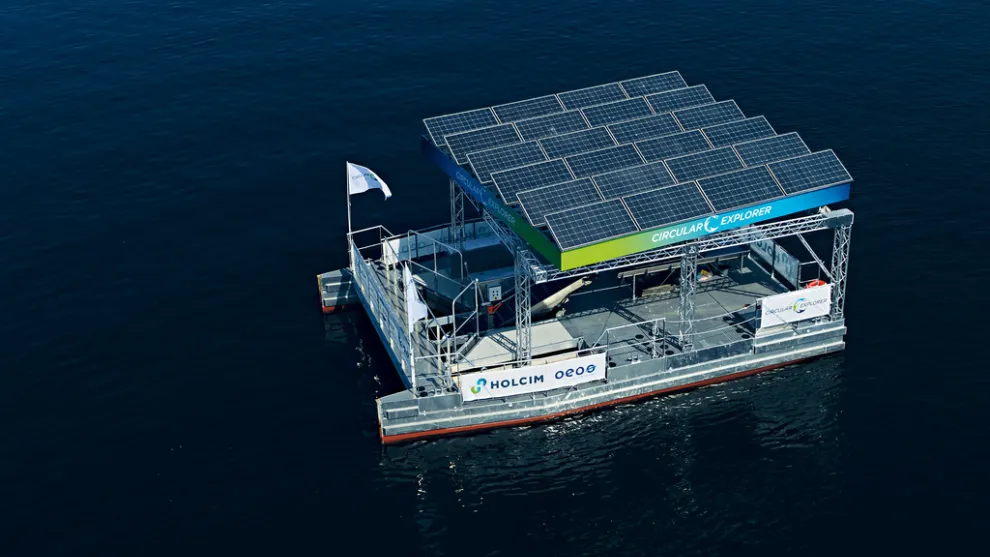
What is the Circular Explorer?
The Circular Explorer is a 100% solar-powered catamaran designed to recover marine plastic waste from oceans and rivers and advance scientific research.
The boat is currently located in Manila Bay in the Philippines with a local five-person crew. The crew is supported by four local waste sorters overseen by Geocycle and five scientists from the University of the Philippines’ Marine Science Institute.
The project is a joint endeavour between Holcim, Geocycle and One Earth One Ocean, an environmental organisation dedicated to maritime waste collection.
Increasing awareness of plastic pollution
In addition to waste recovery, the Circular Explorer team is dedicated to raising awareness and educating people about the importance of marine preservation and the circular economy. This starts with better understanding microplastic pollution.
One of the underlying causes of plastic pollution is the large volume of dumped waste caused by underdeveloped waste management systems, exacerbated by a high use of plastic products.
During waste recovery, the Circular Explorer team collects data and maps the water quality and microplastic pollution. This data allows scientists to provide informed qualitative and quantitative recommendations for policymakers to encourage new standards for recycling and waste management solutions.
To encourage the public, particularly the local communities, to be part of the solution, the Circular Explorer hosts workshops, conferences, webinars and coastal clean-up events. One goal is to integrate the Circular Explorer and its educational toolkits into the local school curriculum to raise awareness of the team’s ongoing efforts.
The Circular Explorer also partners with the University of the Philippines - Marine Science Institute to contribute to marine research projects and train researchers in the field of plastic pollution. To improve efficiency, an artificial intelligence (AI) model has been developed to identify and count the different types of waste. This technology could be a game-changer for the local waste management industry.





